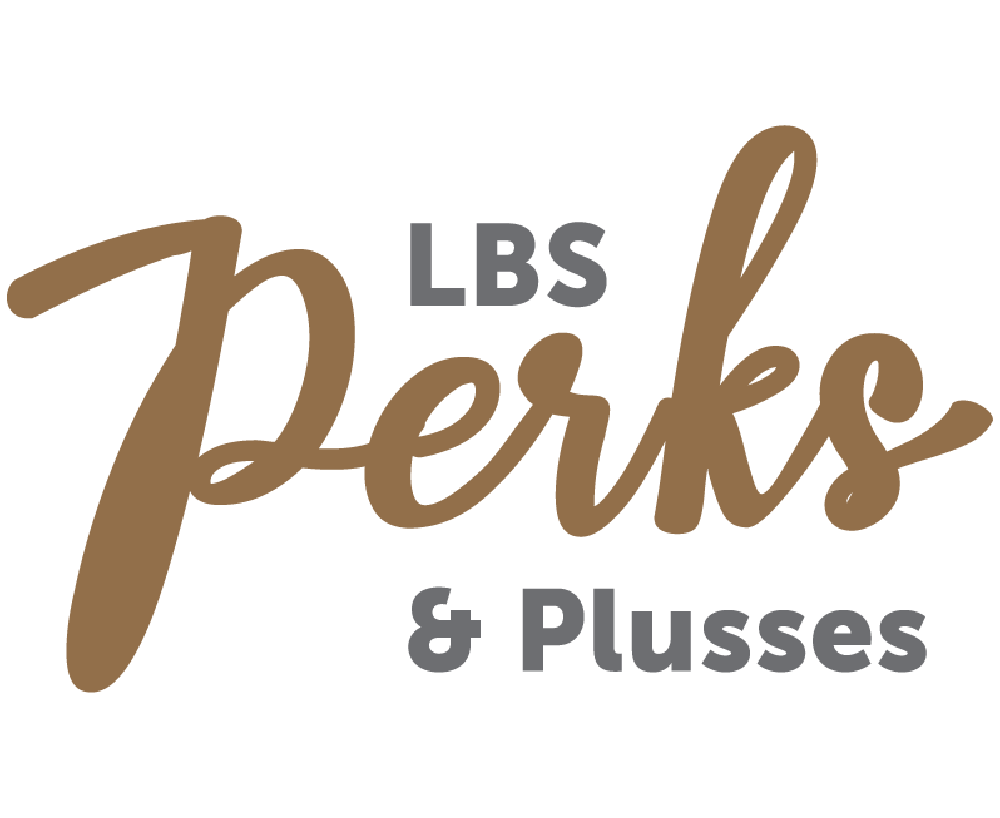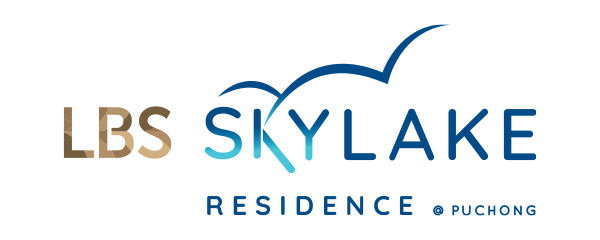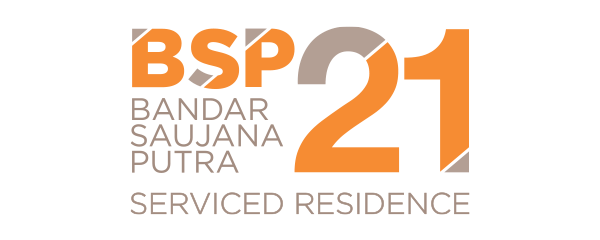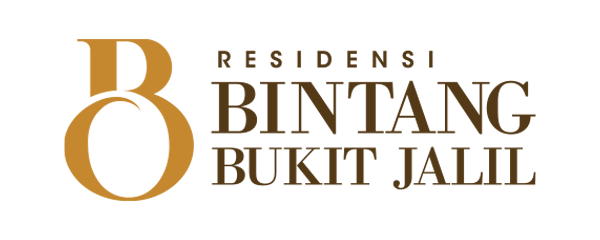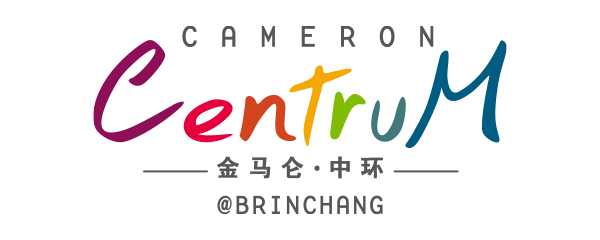1. INTRODUCTION
LBS Bina Group Berhad (“LBGB” or “Company”) and its subsidiaries (“LBGB Group”) recognise the potential environmental and climate change impact in all its development project sites.
2. OBJECTIVE
The objectives of this policy are amongst others, to provide guidance for LBGB Group and external stakeholders to ensure that all its development project sites to:
(i) comply to the applicable environmental legislation, regulations and standards;
(ii) adopt strategies and approaches that are aligned with LBGB Group’s commitment;
(iii) uphold with the highest standard practices; and
(iv) effectively communicate the policy, engaging both the internal and external stakeholders, while actively promoting awareness among LBGB Group and other stakeholders.
3. SCOPE
This Policy is applicable to LBGB Group’s development project sites and its external stakeholders such as supplier, vendors and business partners. Supplier is the upstream entity from the organisation (i.e., in the organisation’s supply chain), which provides a product or service that is used in the development of the organisation’s products or services such as consultants, contractors, distributors, independent contractors, licensees, manufacturers, primary producers and sub-contractors.
In accordance with LBGB Group’s commitment to the best practice on sustainability, LBGB Group also expects the external stakeholders to aspire to the same standards in their business operations included but not limited to LBGB Group’s commitment.
4. COMMITMENTS
Compliance and Continuous Improvement
LBGB Group’s unwavering commitment to compliance with environmental laws and regulations is the guiding principle. Beyond compliance, LBGB Group is dedicated to the relentless pursuit of continuous improvement in every facet of LBGB Group’s development project sites. LBGB Group takes this commitment a step further by:
(i) actively raising awareness among LBGB Group’s internal and external stakeholders, fostering a collective sense of environmental responsibility.
This steadfast commitment to compliance and continuous improvement underpins LBGB Group’s mission and vision to drive environmental sustainability and serve as a beacon of responsible corporate citizen.
In the pursuit of the objectives, LBGB Group undertakes the following:
a) Waste Management
LBGB Group is dedicated to responsible waste management, recognising the environmental impact of waste generated in its development project sites. LBGB Group’s commitment includes:
(i) minimising waste generation through efficient material use and eco-friendly materials, such as Industrialised Building System (“IBS”) precast concrete. The continued use of IBS enables raw material optimisation in a controlled environment.
(ii) adopting proper waste management including 3R practices (Reduce, Reuse and Recycle)
(iii) continuously monitoring and reporting on waste generation; and
(iv) ensuring waste collection is managed by authorised individuals or service providers.
LBGB Group’s waste management commitment involves establishing comprehensive waste management practices, setting specific diversion targets, and highlighting efforts to reduce waste in construction phases.
b) Material Management
LBGB Group is dedicated to environmentally responsible material management in alignment with the Group Sustainable Procurement Policy. LBGB Group is actively engaging with external stakeholders to promote sustainability and reduce the adverse environmental impact of products and services. This commitment includes:
(i) promoting the responsible sourcing of construction materials, including sustainable, recycled, and low-impact options;
(ii) consuming energy and resources responsibly and conservation of the same through innovative practices and procedures;
(iii) implementing detailed strategies to reduce reliance on virgin resources and minimise the carbon footprint associated with material production; and
(iv) emphasising efficient and sustainable building design with a focus on energy and resource conservation. LBGB Group adopts innovative Industrialised Building System (“IBS”) precast concrete at development project sites, whenever feasible.
c) Pollution Management
LBGB Group is committed to prevent pollution at its source whenever possible and to effectively manage it when prevention is not feasible. LBGB Group has recognised and established approaches to address its concern towards pollution prevention as developer exemplified by the following instances:
(i) banning and prohibiting activities that cause pollution to the environment such as open burning and minimising noise pollution arising from construction activities;
(ii) adopting measures to prevent pollution such as placing of diesel storage tanks within a concrete bunded area;
(iii) practising periodic and proper maintenance of the construction drainage system; and
(iv) exploring and implementing a range of measures and strategies to continue LBGB’s Group pollution prevention efforts.
d) Biodiversity Conservation
LBGB Group is unwavering in its commitment to reducing adverse environmental impact and fostering the preservation and enrichment of biodiversity across all its development project sites. LBGB Group has established approaches to address its concern towards biodiversity as developer by:
(i) adopting the principle of biodiversity mitigation hierarchy; avoidance, minimisation and restoration;
(ii) performing risk assessment by internal and external stakeholders where required;
(iii) mitigating the impact by conserving habitats, nurturing local ecosystems, and safeguarding wildlife and green spaces; and
(iv) introducing The International Union for Conservation of Nature (IUCN) Red List and local species, where suitable to its development projects.
5. REVIEW OF THE POLICY
This Policy has been approved by the Board and is available for reference in the LBGB’s corporate website and internal computer networking system.
This Policy shall be reviewed by the Board once every two years and updated whenever necessary to ensure its effective implementation. Any subsequent amendments to the Policy shall be approved by the Board upon recommendation of the Sustainability Committee.

